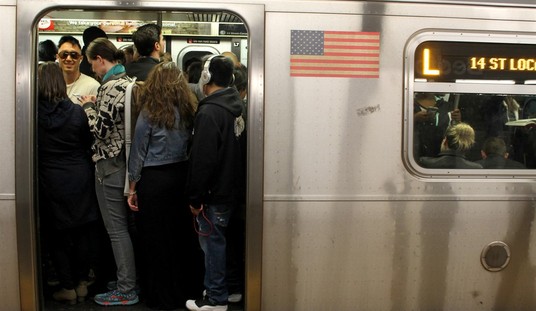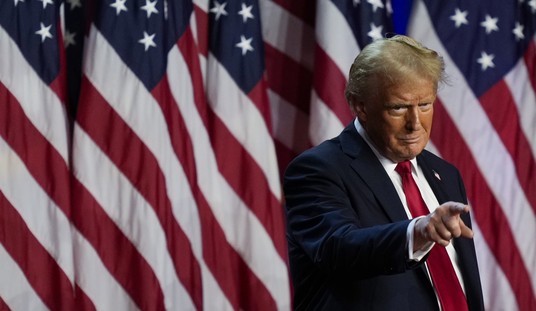There’s a disturbing new development in Libya: the human slave trade has been resurrected anew. Columnist Glenn Reynolds says blame for this devolution is not complicated and it belongs with Hillary Clinton and her disastrous and incompetent dealings with that country in overthrowing the mostly toothless Col. Moammar Gadhafi back in October 2011.
Following the deal the despot struck with the Bush administration in 2003, whereby the United States would give up a plan to depose Ghadhafi in exchange for his giving up weapons of mass destruction peacefully, the country had stabilized. Until Barack Obama gave Secretary of State Hillary Clinton the go-ahead to depose him in violation of the earlier agreement.
[I]n an operation spearheaded by Clinton, the United States went ahead and toppled him anyway.
The overthrow turned out to be a debacle. Libya exploded into chaos and civil war, and refugees flooded Europe, destabilizing governments there. But at the time, Clinton thought it was a great triumph — “We came, we saw, he died,” she joked about Gadhafi’s overthrow — and adviser Sidney Blumenthal encouraged her to tout her “successful strategy” as evidence of her fitness for the highest office in the land.
It’s surprising the extent to which Clinton has gotten a pass for this debacle, which represents a humanitarian and strategic failure of the first order. (And, of course, the damage is still compounding: How likely is North Korea’s Kim Jong Un to give up his nuclear weapons after seeing the worthlessness of U.S. promises to Gadhafi?)
Back during his brief stint in the Democratic primary, former senator James Webb raised the issue, saying America “blew the lid off of a series of tribal engagements. You can’t get to the Tripoli airport right now, much less Benghazi.” But as the Libya disaster continues to unfold, Clinton’s role in it gets surprisingly little attention.
Libya has been in complete disarray since Clinton’s little exercise in ego. In fact, there were reports back in 2015 that the overthrow of Ghadafi led directly to the attack in Benghazi that in turn led to the deaths of four Americans.
In the documents and separately recorded conversations with U.S. emissaries, Libyan officials expressed particular concern that the weapons and training given the rebels would spread throughout the region, in particular turning the city of Benghazi into a future terrorist haven.
Those fears would be realized a little over a year later when a band of jihadist insurgents attacked the State Department diplomatic post in Benghazi and a related CIA compound, killing four Americans including Ambassador J. Christopher Stevens. Today, more than three years after Gadhafi fell from power and was killed, Benghazi and much of the rest of Libya remain in chaos, riddled with violence among rival tribes and thriving jihadi groups.
Mrs. Clinton, now considering a run for president, was the moving force inside the Obama administration to encourage U.S. military intervention to unseat Gadhafi in Libya. The latest documents and audio recordings are likely to give her Republican critics on Capitol Hill fresh ammunition to question whether she had an adequate plan and whether her efforts led to the tragedy in Benghazi a year later and the general lawlessness and chaos that have gripped Libya since.
Reynolds believes Mrs. Clinton, in addition to having the blood of the men who died in Benghazi and of Ghadafi himself on her hands, can add stoking the slave trade to her already considerable list of failures in the region.













Join the conversation as a VIP Member